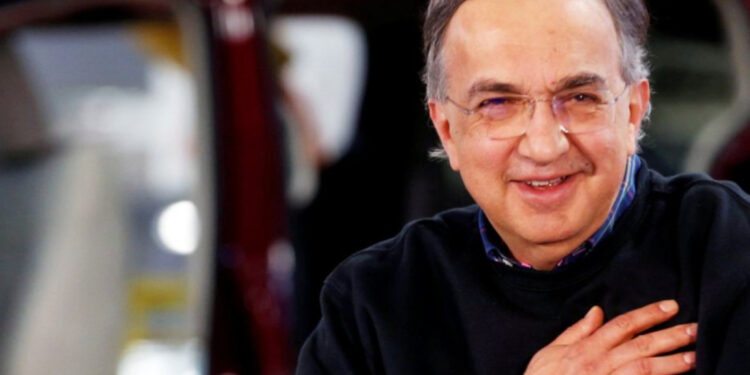Fiat Chrysler Automobiles is facing a big change in the CEO’s chair. Complications are expected.
The question of who would replace Sergio Marchionne has been in the air for a year or more, ever since the boss of Fiat Chrysler Automobiles (FCA) announced that he would step down in 2019. But the way the answer came was both shocking and sad.
Complications after a routine operation around three weeks ago have had a devastating effect on the health of the 66-year-old, who was hard-working even by the standards of big-name CEOs. Not only will Marchionne leave the helm of FCA earlier than planned but he will also quit as boss of Ferrari, a sportscar-maker, which he had been expected to lead until at least 2021.
A sudden deterioration in Marchionne’s condition forced FCA’s board to meet on July 21st to confirm that Mike Manley, boss of the Jeep brand, would take his place. Replacing someone who is regarded as one of the all-time stars of the car industry is a tough job.
Marchionne was refreshingly outspoken in an era when bosses have become ever more wary of courting controversy. Coming from outside the car industry—he trained as an accountant rather than working his way up through the ranks—helped him bring a fresh eye. Profits in the mass market are slender at best, the result of too much duplicated investment under the bonnet on technologies that are indistinguishable to car buyers. His solution was mega-mergers to share costs. This would leave the world with only a handful of vast carmakers.
Turning around ailing firms was his speciality. In his 14 years at the wheel he rescued two carmakers from bankruptcy: first Fiat, where he took over in 2004, and then Chrysler, acquired in the wake of the financial crisis in 2009. Always on the lookout for a deal some had suggested that he had one last big transaction in the works before he stepped down.
FCA had always promised that Marchionne’s successor would come from within. Manley, a British former car salesman, has worked his way up through the company to head the Jeep division, one of the best-performing parts of FCA. He was heavily involved in the latest five-year plan, unveiled on June 1st, which calls for big leaps in sales and profitability.
Marchionne’s achievement is that Manley will not have as tough a task as he faced.
Through smart management, cost-cutting and canny capital allocation, much of the drama has been taken out of FCA. Spinning off businesses such as CNH, Fiat’s industrial arm, and Ferrari, as well as getting out of making saloon cars in America in favor of SUVs and turning factories in Italy that made barely profitable small cars into plants making premium Maseratis and Jeeps, has turned FCA into what Jefferies, a bank, calls a “normal” carmaker.
FCA’s new leadership have some big decisions of their own to make, above all whether the world’s seventh-largest carmaker is big enough to thrive in an era of autonomy and electrification. The list of potential partners is dwindling. Most of the big Western carmakers already have enough on their plates to consider a mega-merger as well; China’s emerging giants lack the cash to buy FCA. Marchionne’s feat is that he built a company that is strong enough to stand alone, if it has to.












